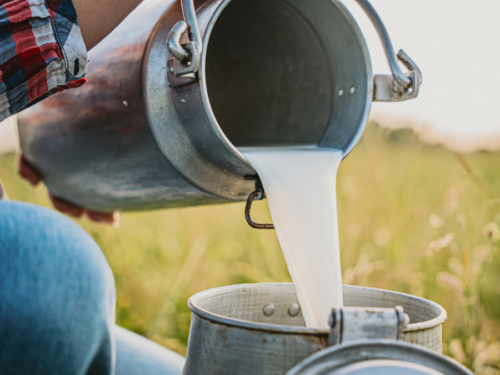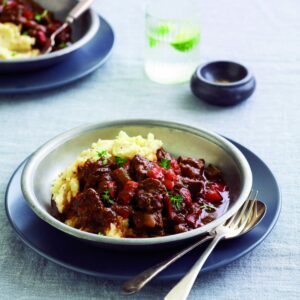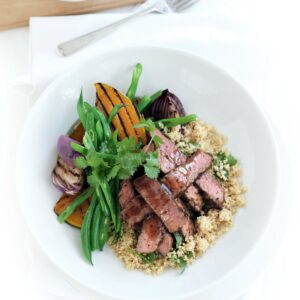
Raw milk is popping up in wellness circles as a more ‘natural’ alternative to regular pasteurised milk, claimed to be richer in nutrients, better for gut health, and beneficial for those with lactose intolerance, asthma and allergies. But is raw milk really better for you – or just riskier? Healthy Food Guide dietitian Jess Burvill breaks it down.
What is raw milk?
Raw milk is milk that hasn’t been pasteurised – a process that heats milk to a specific temperature for a set period of time to kill harmful bacteria, making it safe to drink. All milk sold over the counter in Australia and New Zealand is legally required to be pasteurised.
Claim: Raw milk has more nutrients
While pasteurisation slightly reduces levels of some nutrients – such as vitamins B1, B2, C and folate – these changes have little impact on the overall nutritional value of milk. Pasteurised milk
remains a good source of B vitamins, and since milk isn’t a major source of vitamin C or folate to begin with, the reductions are not nutritionally significant. More importantly, key nutrients like calcium and protein remain unaffected. So, while the nutritional differences are minimal, the safety benefits of pasteurisation are substantial. Claims that raw milk is significantly more nutritious simply aren’t supported by evidence.
Claim: Raw milk is better for gut health
Supporters of raw milk often claim it contains enzymes and beneficial bacteria that aid digestion and support gut health. But raw milk typically contains minimal probiotic bacteria – and more harmful bacteria than helpful ones. Dangerous pathogens, such as Salmonella, Listeria, and E. coli, are commonly found in raw milk and can cause serious gastrointestinal illness, particularly in young children, pregnant women, older adults and those with weakened immune systems. In contrast, many pasteurised dairy products, such as yoghurt or kefir, have probiotics added after pasteurisation to help support gut health safely.
Claim: Raw milk helps prevent allergies and asthma
Some observational studies in farming communities suggest that children exposed to raw milk early in life may have lower rates of asthma and allergies. But these studies only show a correlation and can’t prove raw milk is the cause. Other factors, such as early exposure to farm microbes or genetic influences, may play a role. Due to the high risk of foodborne illness, leading authorities, including Food Standards Australia and New Zealand and the World Health Organization, do not recommend raw milk as a way to prevent allergies.
The verdict: Skip the raw, stick with safe
The risks of raw milk far outweigh any potential benefits. Pasteurisation is a simple, proven method to make milk safe without significantly affecting its nutrition. The best choice for health? Enjoy pasteurised dairy or fortified alternatives as part of a balanced diet – and save your gut health efforts for safe, proven options like fibre-rich foods and fermented dairy.
RAW MILK RED FLAGS
- Is promoted as ‘natural’ or ‘unprocessed’ for health
- Claims it cures or prevents allergies or asthma
- Touted by influencers, not health experts
Article sources and references
- Claeys et al. 2013. Raw or heated cow milk consumption: Review of risks and benefits. Food Cont. 31(1):251-262.
- Lucey JA. Raw Milk Consumption: Risks and Benefits. Nutr Today. 2015 Jul;50(4):189-193.
- Liu et al. 2020. Reservoirs of antimicrobial resistance genes in retail raw milk. Microbiome. 8:99.
- Macdonald et al. 2011. A systematic review and meta-analysis of the effects of pasteurization on milk vitamins, and evidence for raw milk consumption and other health-related outcomes. J Food Prot. 74(11):1814-32.
www.healthyfood.com











